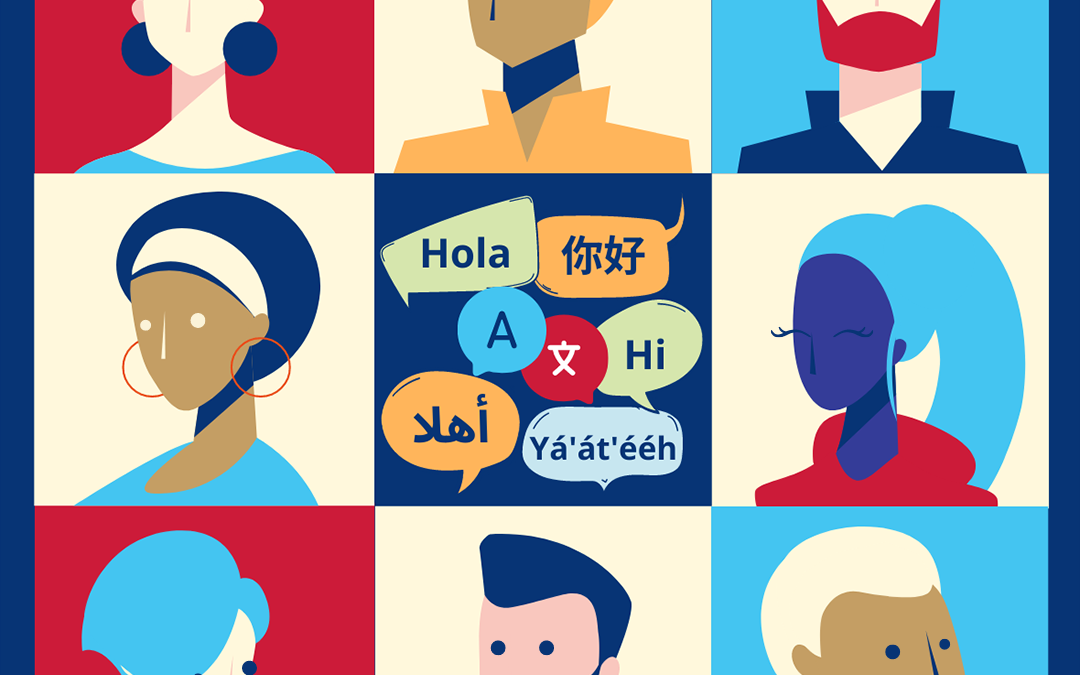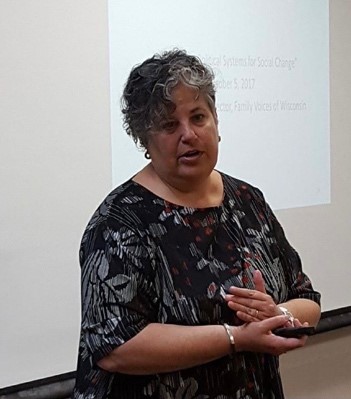On December 5, the Office for Civil Rights (OCR) released a “Dear Colleague” letter to help providers and other better understand their responsibilities under Section 1557 of the Affordable Care Act (“Section 1557”). According to recent census data, nearly 68 million people in the United States speak a language other than English at home. Having access to language assistance is critical to achieving equity in health care.
“Language access, through meaningful access for people with limited English proficiency or effective communication for people with disabilities, is critical and is the law.”
The Dear Colleague letter provides an overview of the requirements in Section 1557:
- Definition of an Individual with Limited English Proficiency (LEP): A person with LEP is someone whose primary language for communication is not English. This person has a limited ability to read, write, speak, or understand English. Health providers should not assume that because a person speaks English, they are proficient in a way that will be able to understand medical issues.
- Definition of Meaningful Access: Meaningful access means ensuring that language barriers do not prevent individuals from getting necessary health services and care. It is important to consider cultural competency, variation in dialects, expressions, or regionalisms to provide accurate interpretation and translation.
- Language Assistance Services: Language assistance must be provided free of charge, must be accurate and timely, and must protect the privacy and independence of the person with LEP. This may include, but is not limited to, qualified interpreters and translated materials.
- Requirements and Use of a Qualified Provider: A qualified interpreter is someone who, whether in person or remote,
-
- Has shown proficiency in English and at least one other spoken language
-
- Can interpret effectively, accurately, and impartially
-
- Maintains patient confidentiality
- Requirements and Use of a Qualified Translator: A qualified translator is someone who
-
- Has shown proficiency in writing and understand both English and at least one other non-English language
-
- Can translate effectively, accurately, and impartially
-
- Maintains patient confidentiality
- Requirements of Machine Translation: If machine translation is used (i.e. Google Translate), the translation must be reviewed by a qualified human translator to ensure accuracy. If circumstances do not allow for timely review of the translation, the machine translation may be used while a translator is found.
Machine learning may be used, without a human translator, when it does not contain information on the rights, benefits, or meaningful access for persons with LEP.
- Restrictions on Use of Interpreters: Providers cannot make individuals provider their own interpreters or pay for the cost of the interpreter. Providers cannot rely on unqualified interpreters unless it is an emergency. The use of minors to interpret is not allowed unless it is an emergency. In both cases, a qualified interpreter still needs to be contacted and must confirm the initial communication.
Additionally, the Dear Colleague Letter outlines the requirements to provide notices of nondiscrimination and availability.
- Notice of Nondiscrimination: Providers must provide information stating that they do not discriminate on any basis. They must also describe what accessibility, language, and access information is provided. Providers must also detail information for the Section 1557 Coordinator (if applicable), how to file a grievance (if applicable), how to file a discrimination complaint with OCR, and how to access the provider’s website.
The notice must be provided every year to participants, beneficiaries, enrollees, and applicants. It must be located in easy to see spaces in person and on the website.
- Notice of Availability: Providers must provide information on the availability of language assistance services and auxiliary aids and services. It must be clear that these are provided free of charge. The notice must be in English and the 15 most commonly spoken languages in the state(s).
The notice must be provided every year to participants, beneficiaries, enrollees, and applicants. It must be located in easy to see spaces in person and on the website.
Free Language Access Training
If you’re interested in language access laws, you can learn more through My Language, My Care, a Family Voices training on language access rights, developed through funding from the Office of Minority Health. Learn more at familyvoices.org/mylanguagemycare, and learn about our work on language access at familyvoices.org/languageaccess.



















